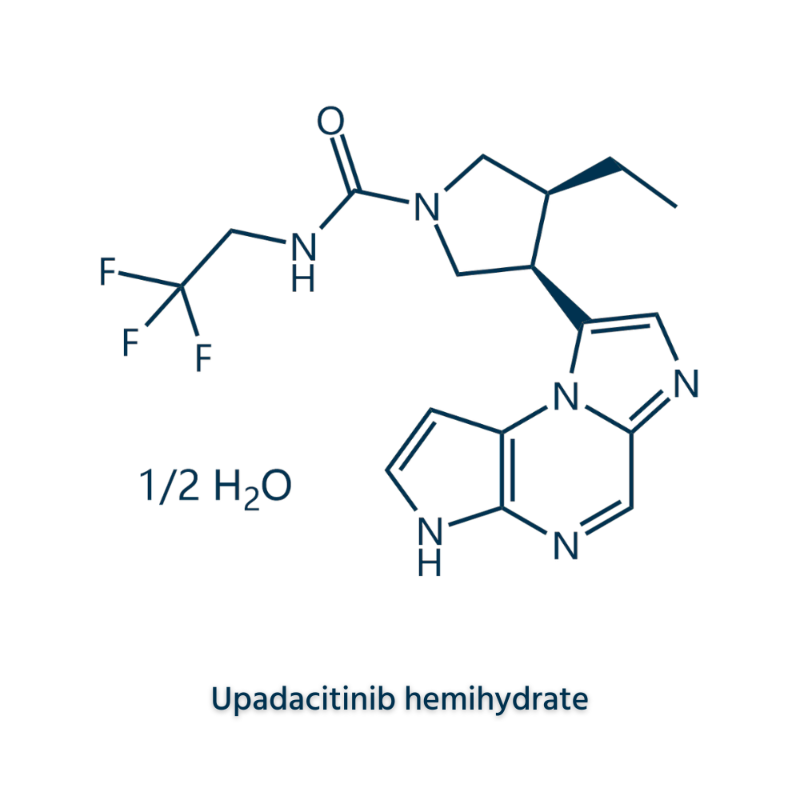-
Categories
-
Pharmaceutical Intermediates
-
Active Pharmaceutical Ingredients
-
Food Additives
- Industrial Coatings
- Agrochemicals
- Dyes and Pigments
- Surfactant
- Flavors and Fragrances
- Chemical Reagents
- Catalyst and Auxiliary
- Natural Products
- Inorganic Chemistry
-
Organic Chemistry
-
Biochemical Engineering
- Analytical Chemistry
-
Cosmetic Ingredient
- Water Treatment Chemical
-
Pharmaceutical Intermediates
Promotion
ECHEMI Mall
Wholesale
Weekly Price
Exhibition
News
-
Trade Service
Introduction:polymorphic glioblastoma is a type of glioma (GBM) and one of the most malignant brain tumorsGlioma is the most common malignant tumor in the skull, accounting for 40 to 50 percent of all intracranial tumorsCurrent treatment standards, which include radiotherapy and tamoxamine, can extend the lives of patients with polymorphic glioblastoma to some extent, but GBM's tolerance to these treatments is not uncommonA new study recently published in the journal PANS suggests that the antimalarial drug phenylalcohol is likely to treat brain cancerpolystodosis into glioblastoma (GBM) is an invasive brain tumor that is usually fatalbut researchers at the VCU Cancer Center and the VCU Institute of Molecular Medicine have made new findings that adding phenylalcohol (Imufantrine), an FDA-approved drug for malaria, could improve the effectiveness of the most common treatment for brain cancer todaycurrenttreatment standardsincluderadiotherapyandtamoxifen(an anti-cancer chemotherapy drug) that can extend the lives of patients with polymorphic glioblastoma to some extent, but GBM's tolerance to these treatments is not uncommonIn addition, patients treated with GBM by standard5 years have a survival rate of less than 6% , and there is currently no treatment to prevent the recurrence of this tumor researchers have been working to identify FDA-approved drugs and more rare drugs that could potentially reduce the resistance and effectiveness of fibroblastomas to treatment the study, published May 14 in the Proceedings of the National Academy of Sciences, Paul B Fisher, Ph.
D., of FNAI, "our study identified new potential uses for antimalarial drugs that can be used to treat polymorphic fibroblastomas, polymorphic fibroblastomas and standard treatments for chemotherapy and phenylalcohol." more specifically, benzene alcohol inhibits a genetic factor that is involved in the development and spread of cancer, Fli-1, which controls the resistance of polymorphic glioblastoma to chemotherapy and tamoxaride in in vitro studies (conducted with cultured cells), researchers found that adding benzene alcohol to treat glioblastoma can kill cancer cells and inhibit tumor cell growth This occurs in fibroblastomas that are sensitive to radiotherapy and tamoxamine, and glioblastomas that are resistant to radiotherapy and temenine in addition, in vivo studies (using mice with transplanted human multiple glioblastomas in the brain), benzene alcohol inhibits tumor growth in the treatment of sensitive and drug-resistant glioblastoma cells benzoyl alcohol sympathisol sympathisol sympathisol synods tolerance to radiotherapy and chemotherapy, and that genetic and molecular methods can identify a new genetic factor, "Fli-1", an important genetic element that controls the treatment of drug resistance The findings became the focus of current research, with researchers identifying "heat shock protein B1", also known as HSPB1, which is prominent in glioblastomas and whose expression is regulated by Fli-1 The innovative screening strategy for Fli-1 inhibitors identifies benzoyl alcohol as a protective factor that binds to Fli-1 to inactivate it, thereby inhibiting the expression of important genes that regulate the growth, survival and carcinogenicity of polymorphic glioblastoma (the ability to cause tumors) In addition, extracellular matrix (ECM) remodeling and epithelial-to-amplify conversion (EMT) are two key processes for the invasion and spread of glioblastoma, and are important factors in regulating the ability of glioblastoma to resist radiation chemotherapy These two processes are regulated by Fli-1 and are inhibited by benzene alcohol to help treat glioblastoma, researchers will further explore other ways to combat Fli-1-induced therapeutic resistance "These preclinical studies provide a strong basis for the suppression of Fli-1/HSPB1 and benzoyl alcohols with phenylalcohol, which is a new method of treatment for potential glioblastoma," said Fisher The identification of drugs such as phenyl alcohol from FDA-approved therapeutic agents and unusual sources will provide an opportunity to expand the scope and versatility of current treatment seeking treatment for patients with polymorphic glioblastoma In addition to glioblastoma, Fli-1 expression sympathisers can also be seen in melanoma, ovarian cancer, breast cancer and other cancers, suggesting that blocking fli-1 may also help other cancer patients, according to researchers Fisher said: "The current results may be more broadly relevant than just treating glioblastoma." author: Lauren Source:







